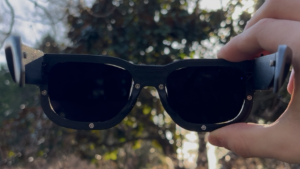Update: Raspberry Pi has been awarded an INDEX: Award 2013 in the Play & Learning category.
The Raspberry Pi is breeding a generation of savvy programmers to steer the helm of the difficult digital age.
As the world speeds to a dramatic digitalised space, Eben Upton and his colleagues at the University of Cambridge developed the Raspberry Pi to enable children and adults all over the world to learn the ins and outs of programming.
The tiny credit-card sized computer can be plugged into a TV and keyboard and enables users to do many of the same things a desktop computer does, such as spreadsheets, word-processing and games.
We want to see cheap, accessible, programmable computers everywhere; and we actively encourage other companies to clone what we are doing, says Upton.
The Raspberry Pi is a highly-affordable alternative to PCs and allows families to have access to the internet without spending an excessive amount of money.
The idea behind the tiny and cheap computer for children came about in 2006 when Upton and his colleagues became concerned about the year-on-year decline in the numbers and skills levels of the A Level students applying to study Computer science.
Although the Raspberry Pi was designed for children, adults can also use the device to better understand the digital revolution of today.
The Raspberry Pi was the sinning design in the Play & Learning category of the 2013 INDEX: Award.
Also read about Google Creative Lab's launch of a coder to turn Raspberry Pi into a basic web development platform, via techcrunch.com.











